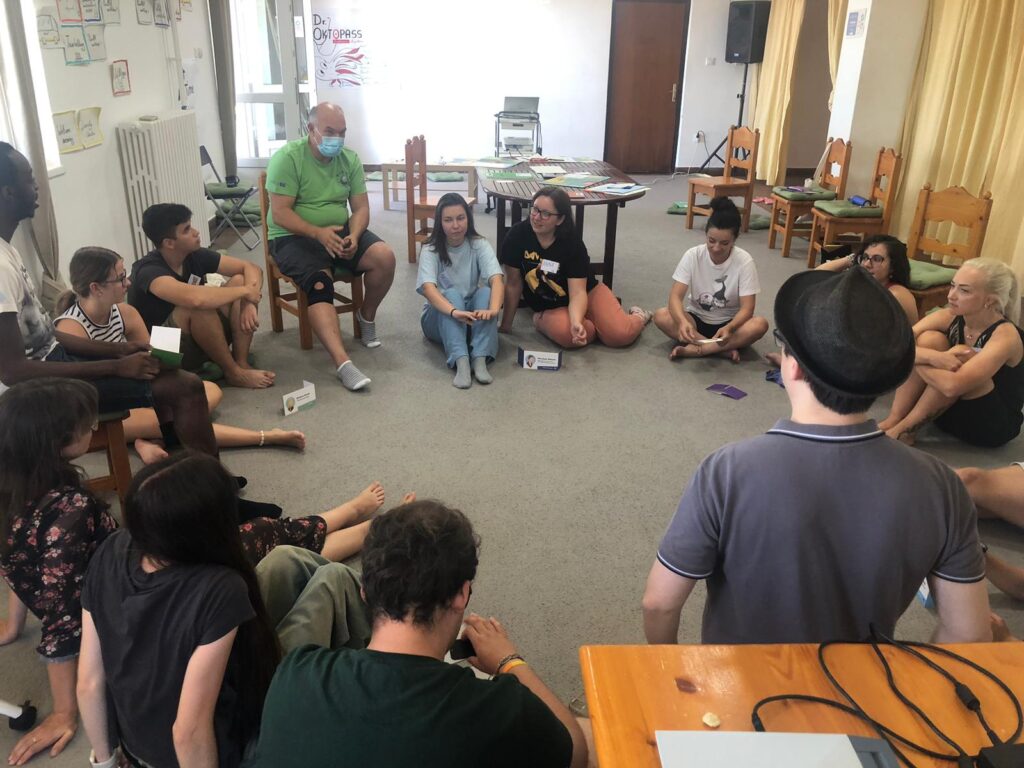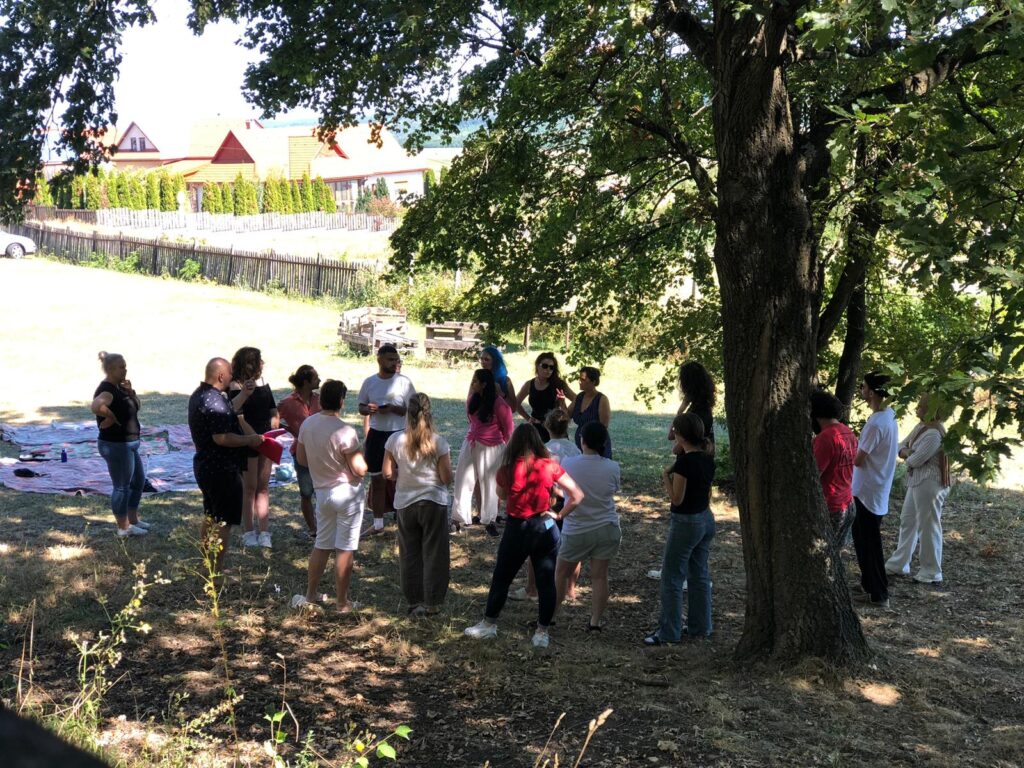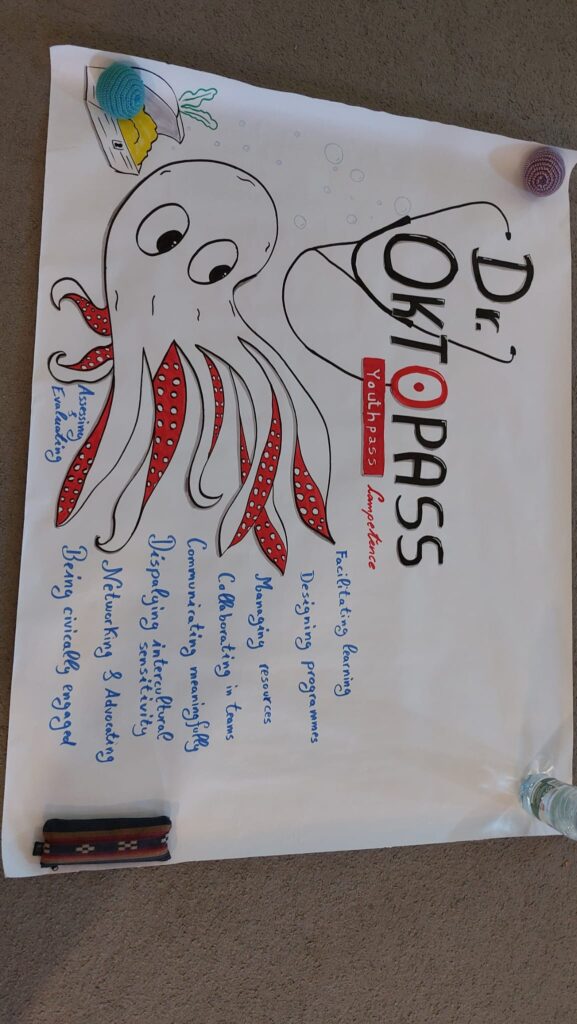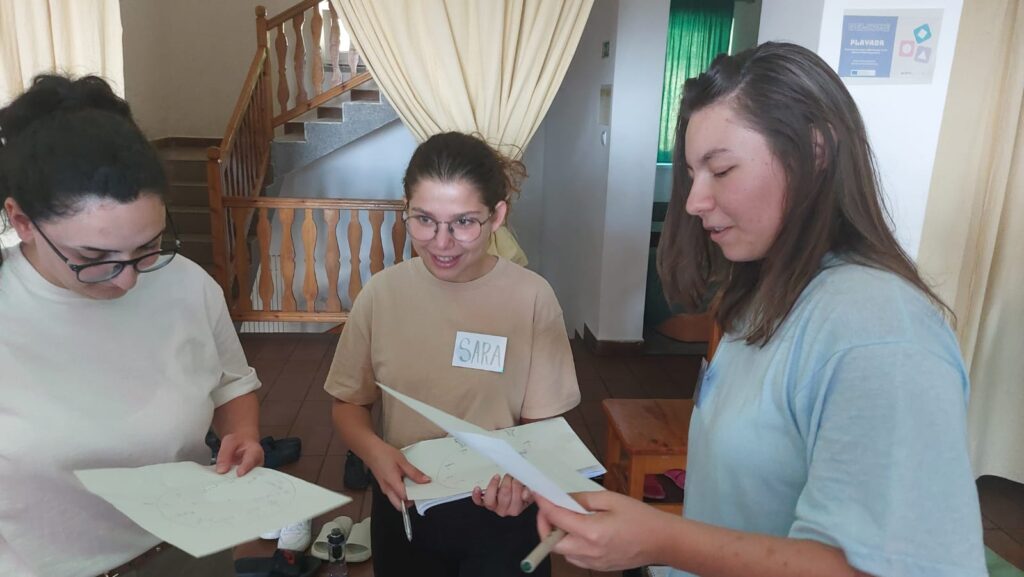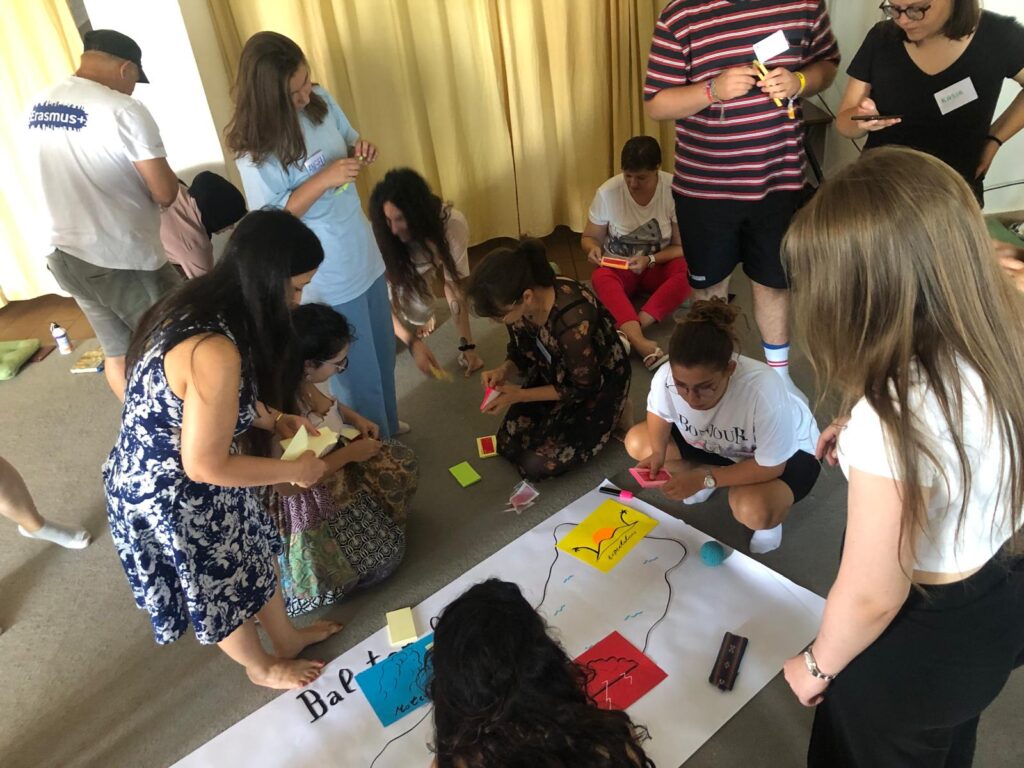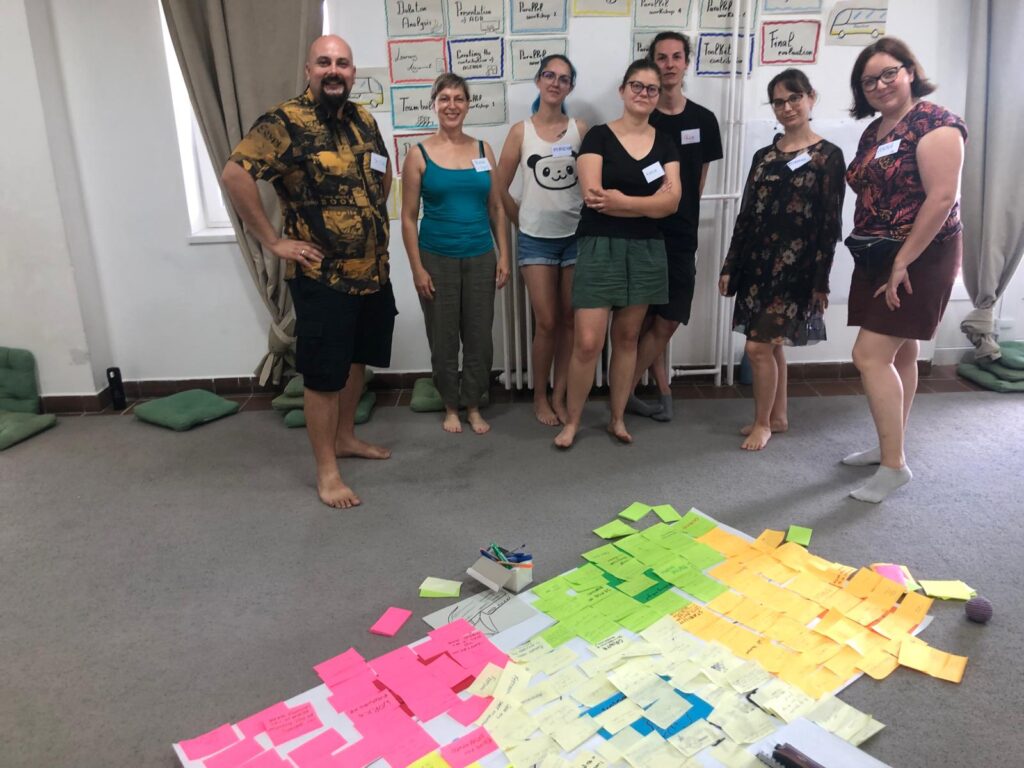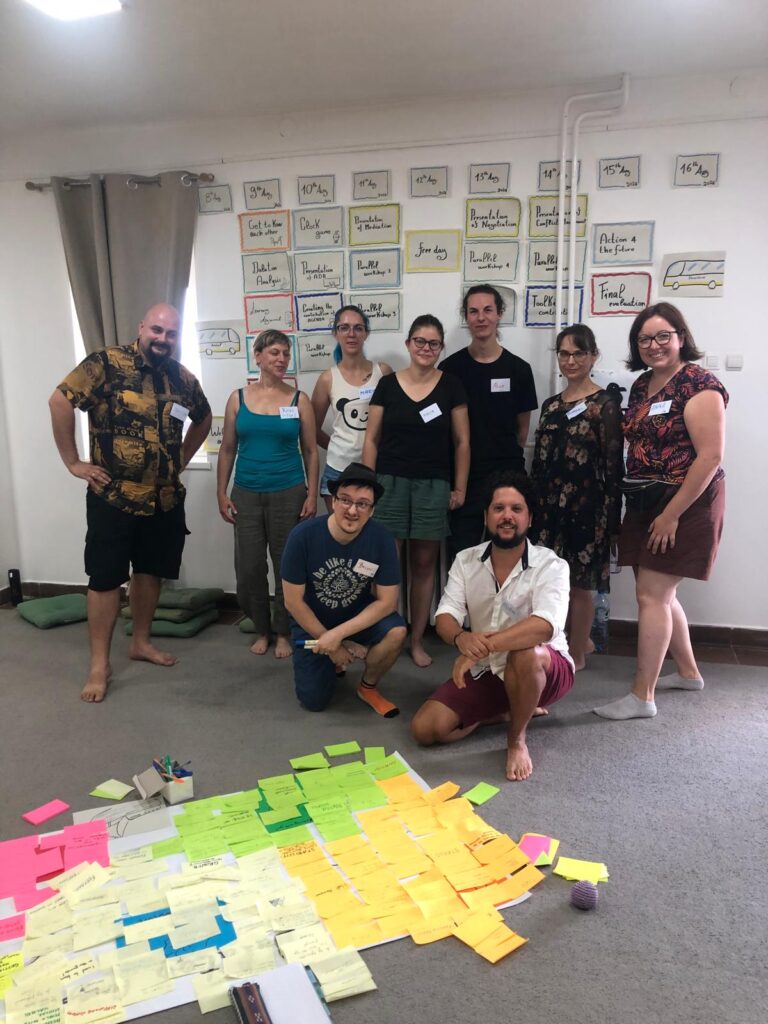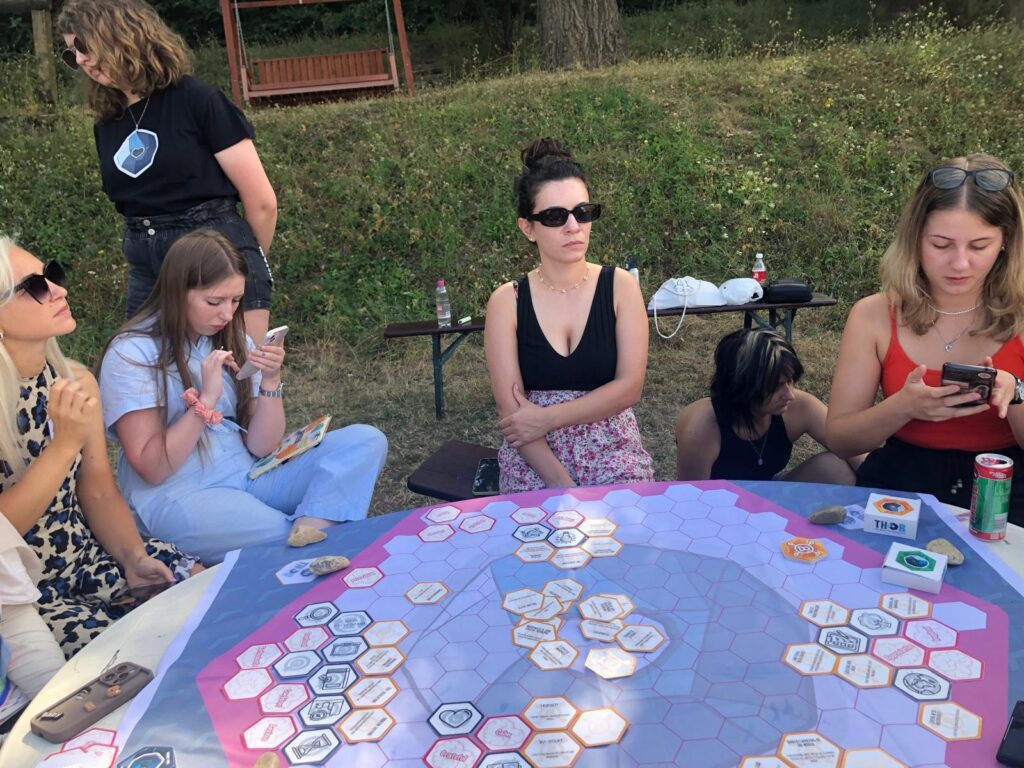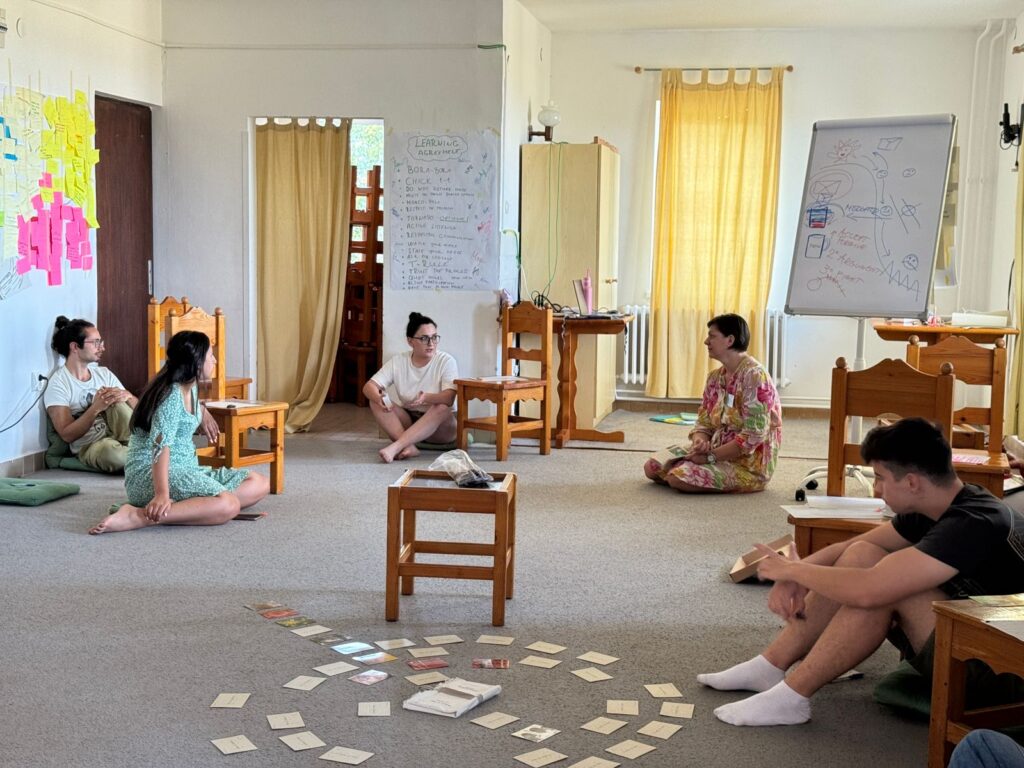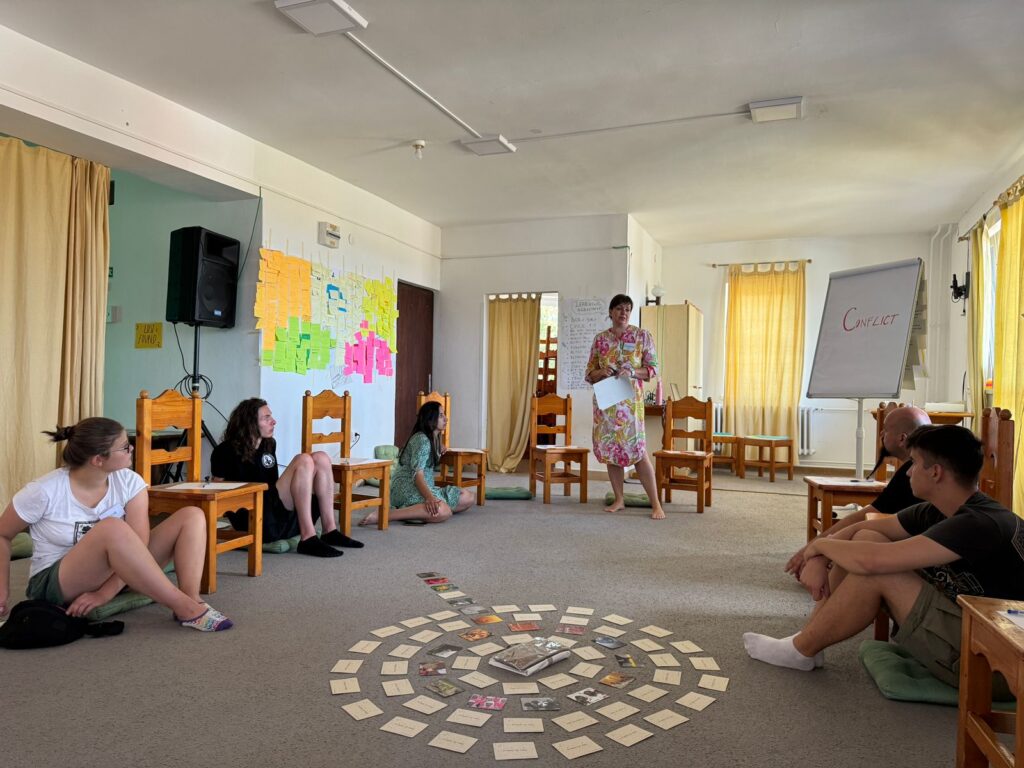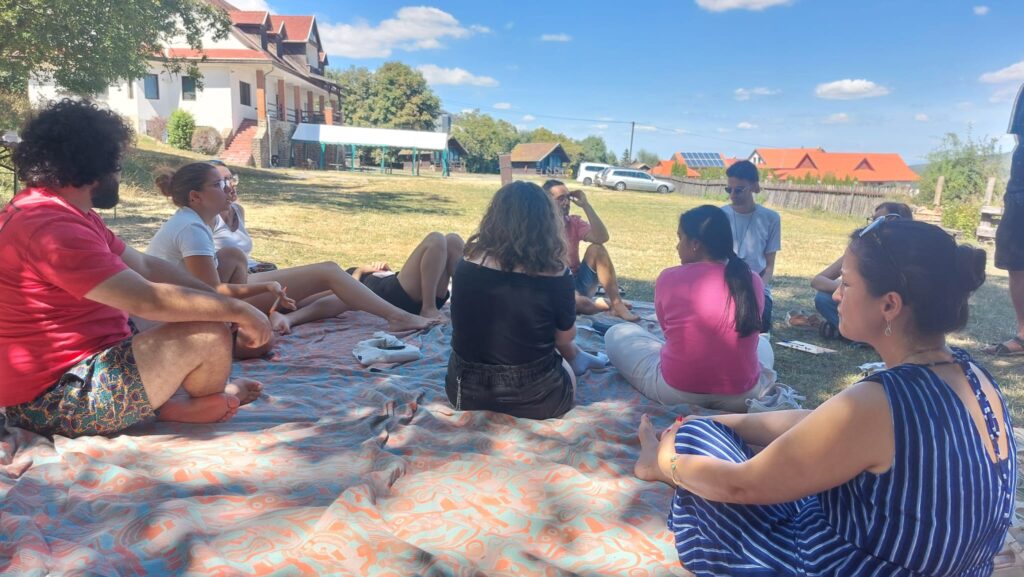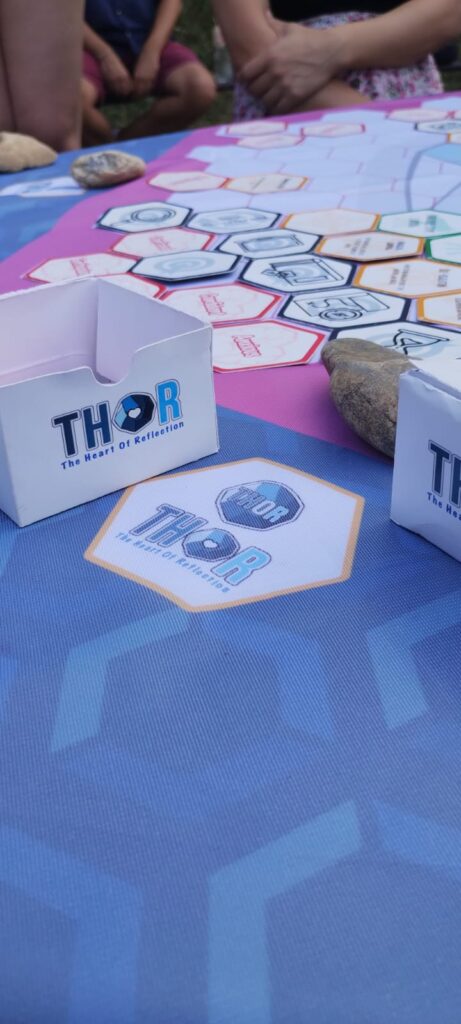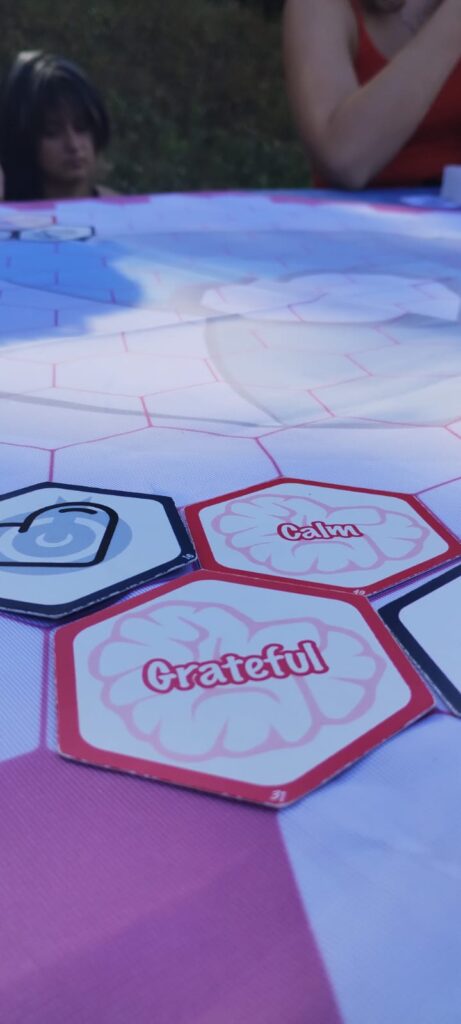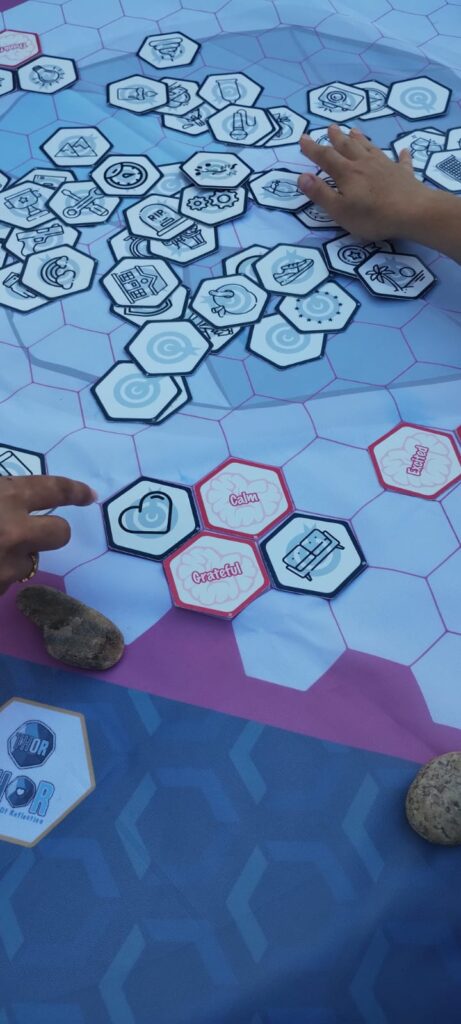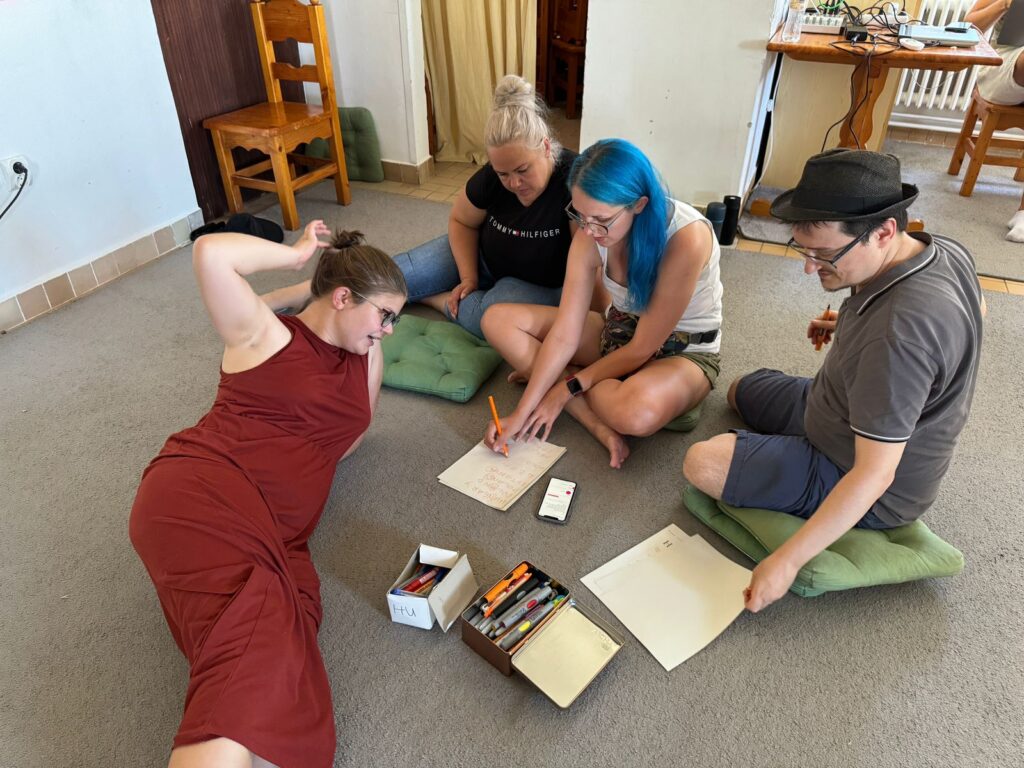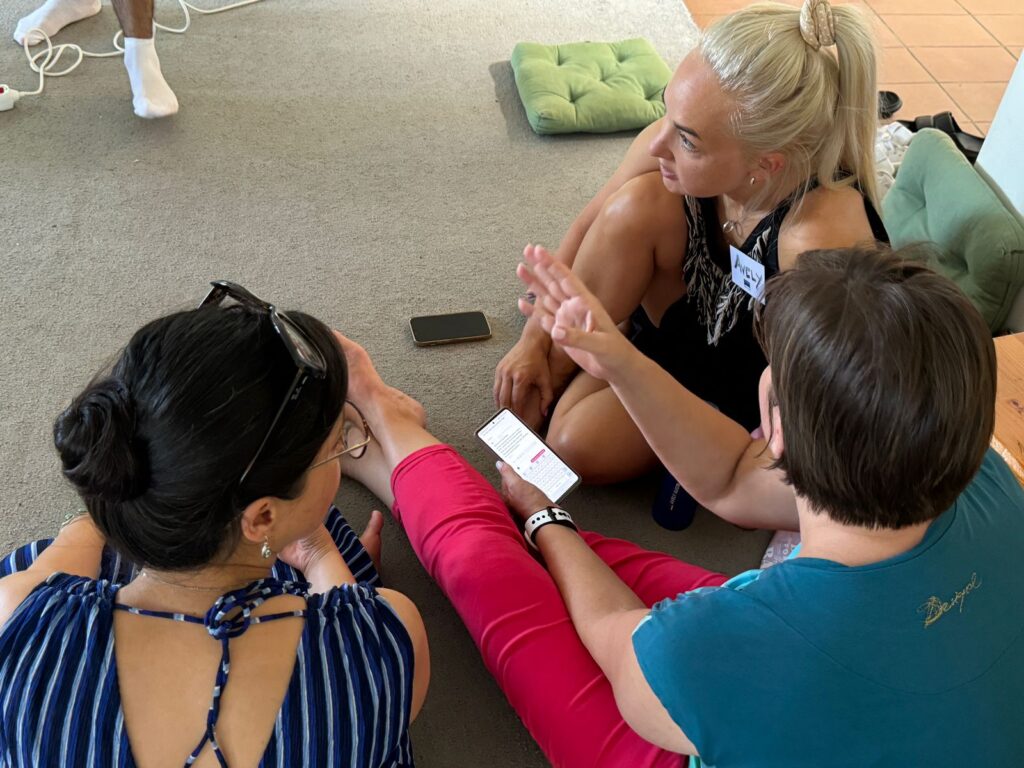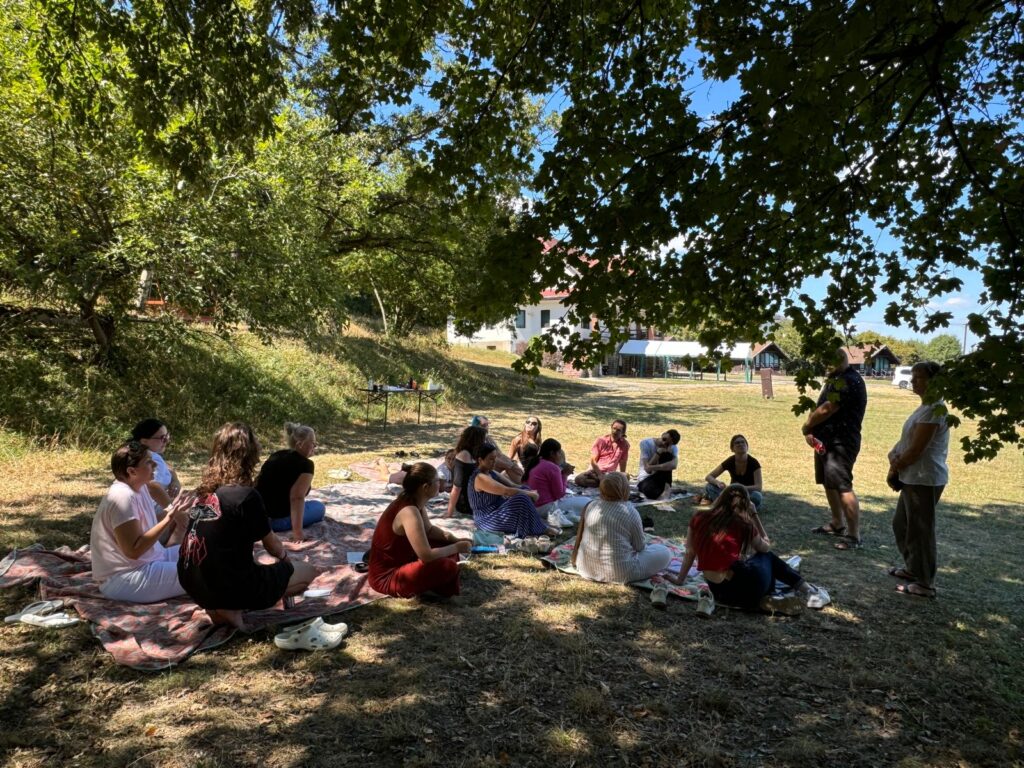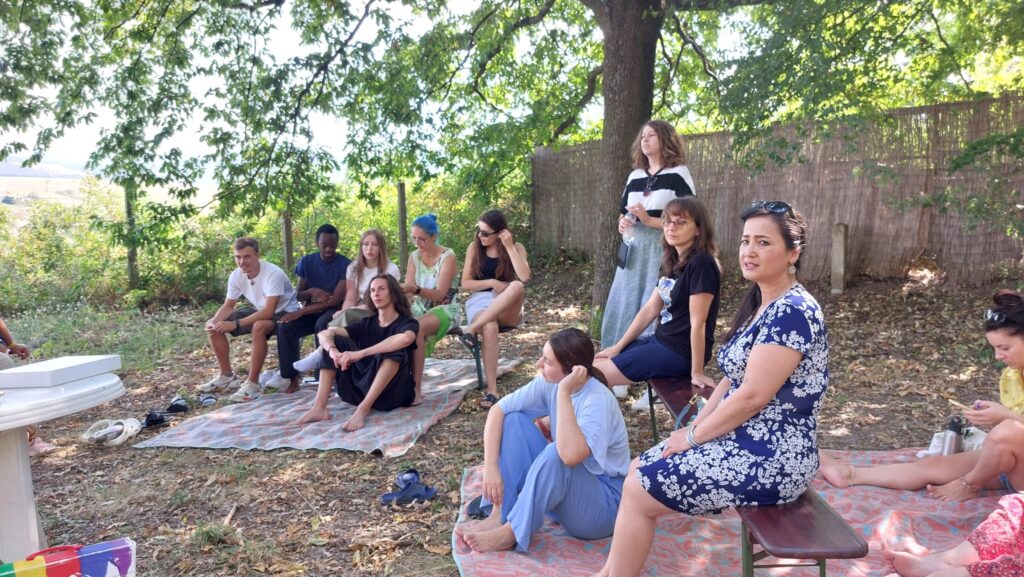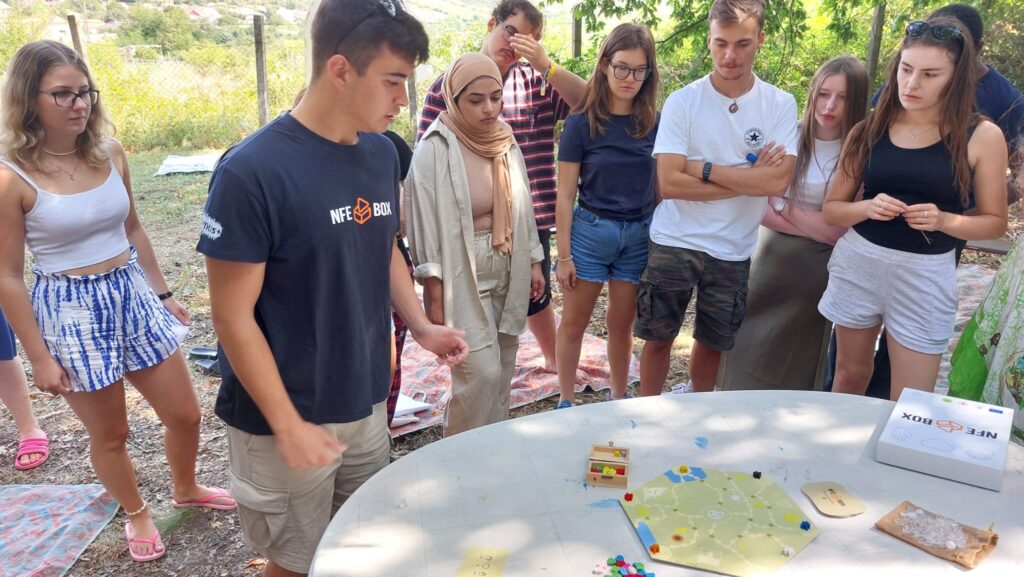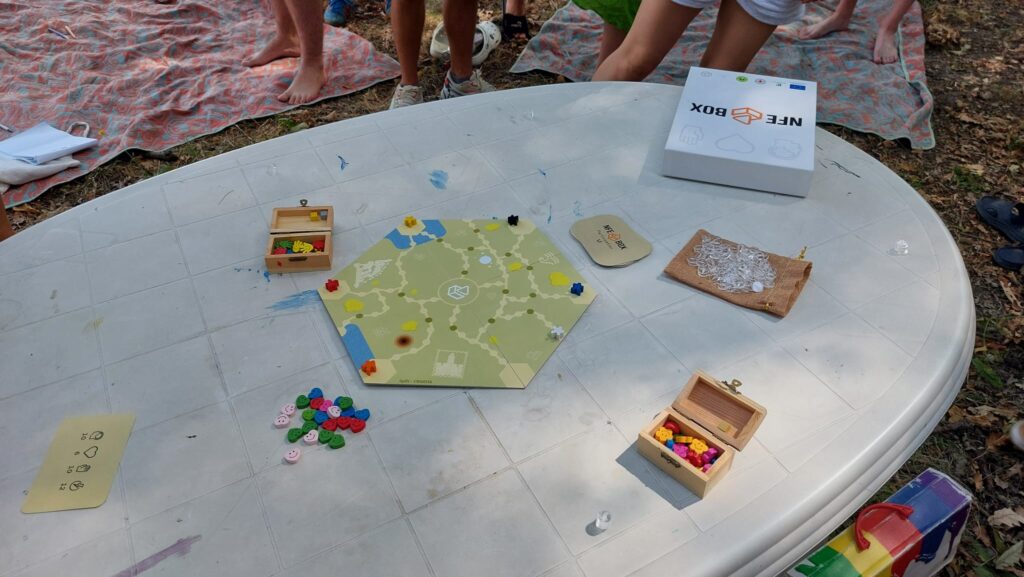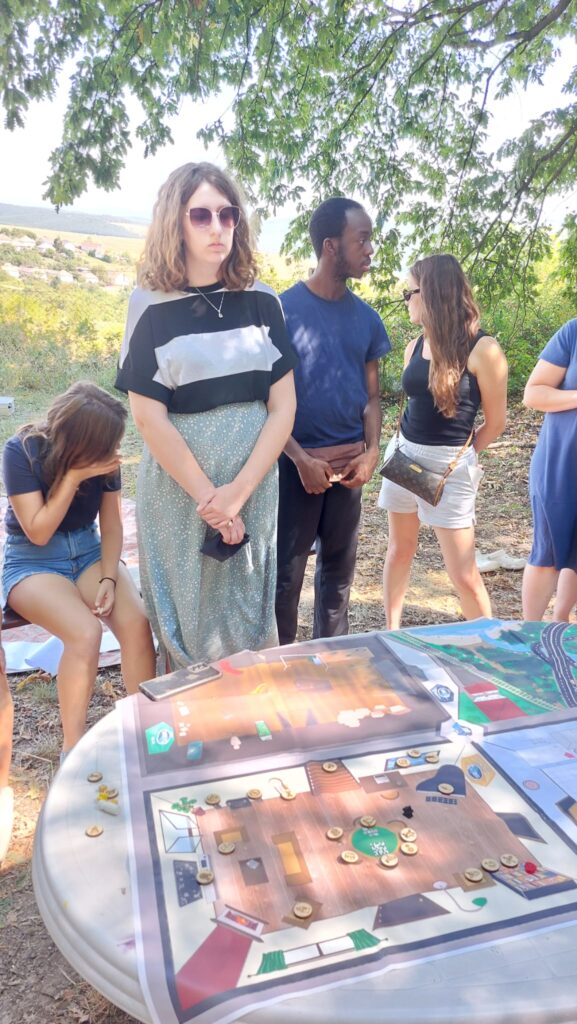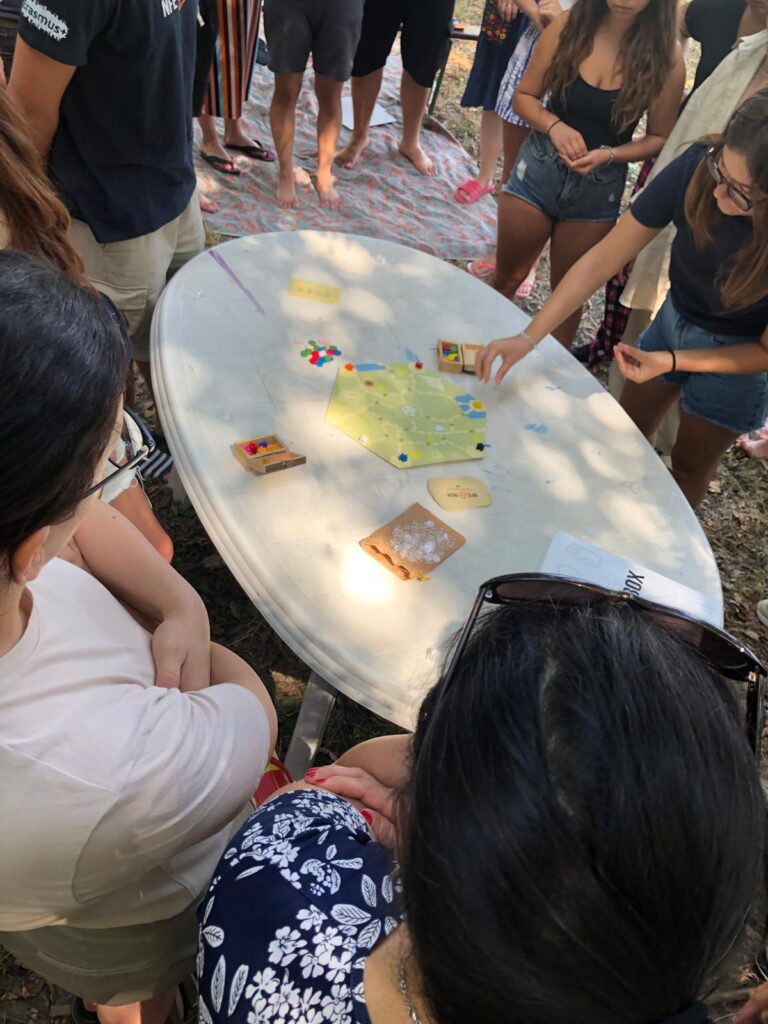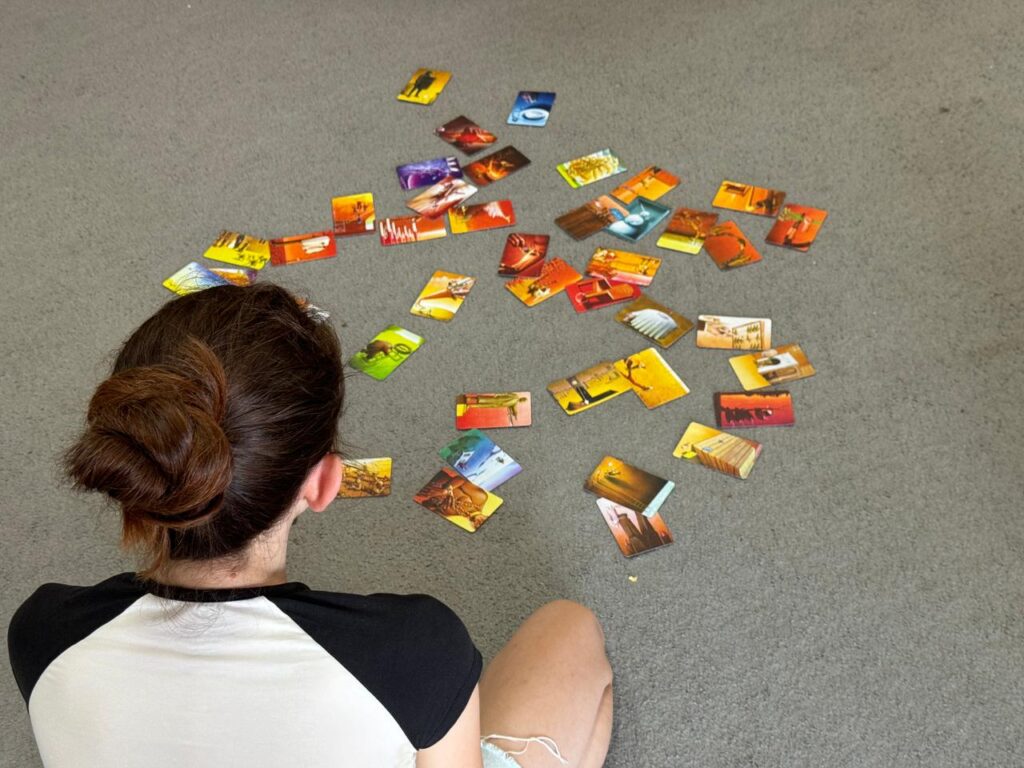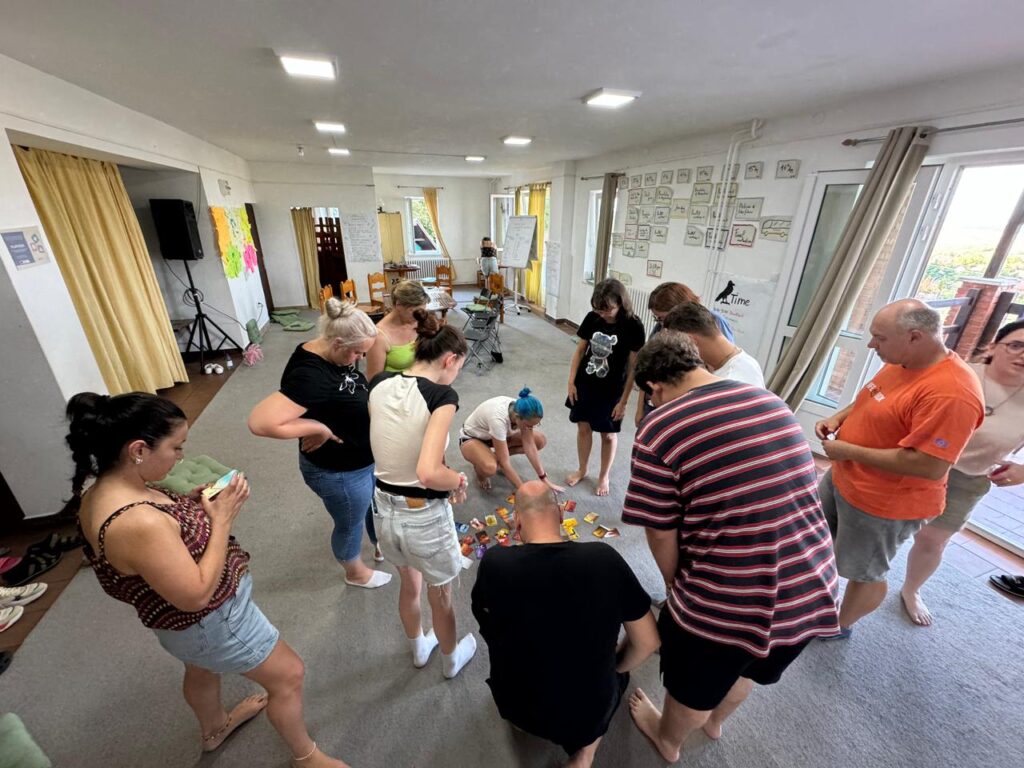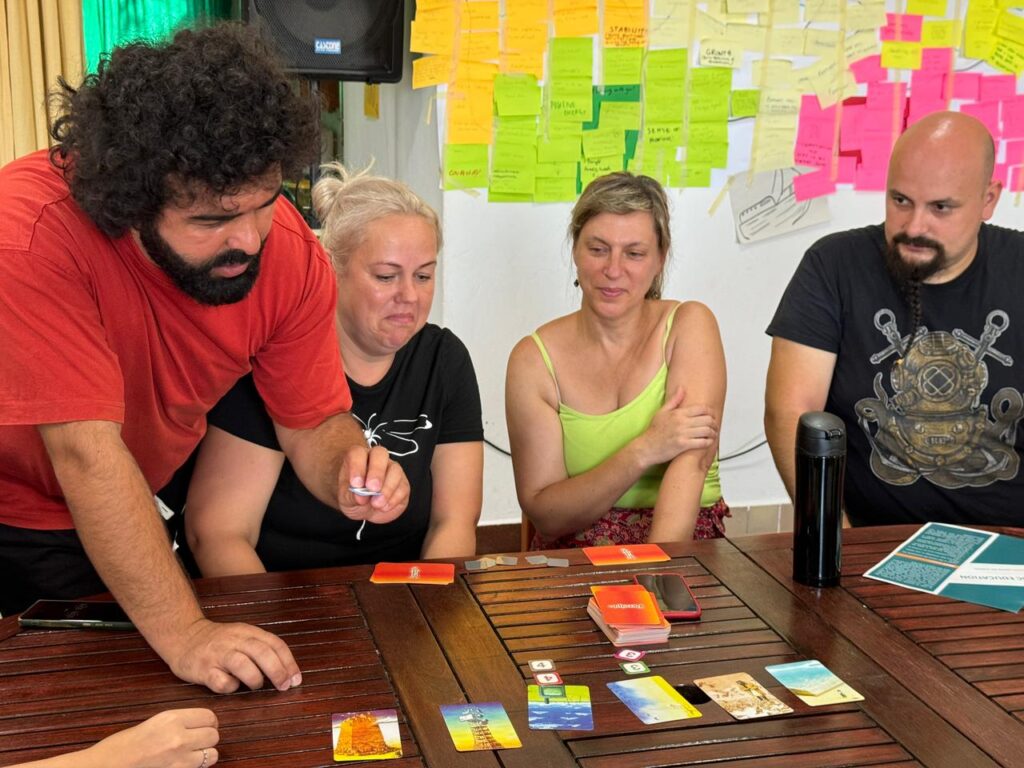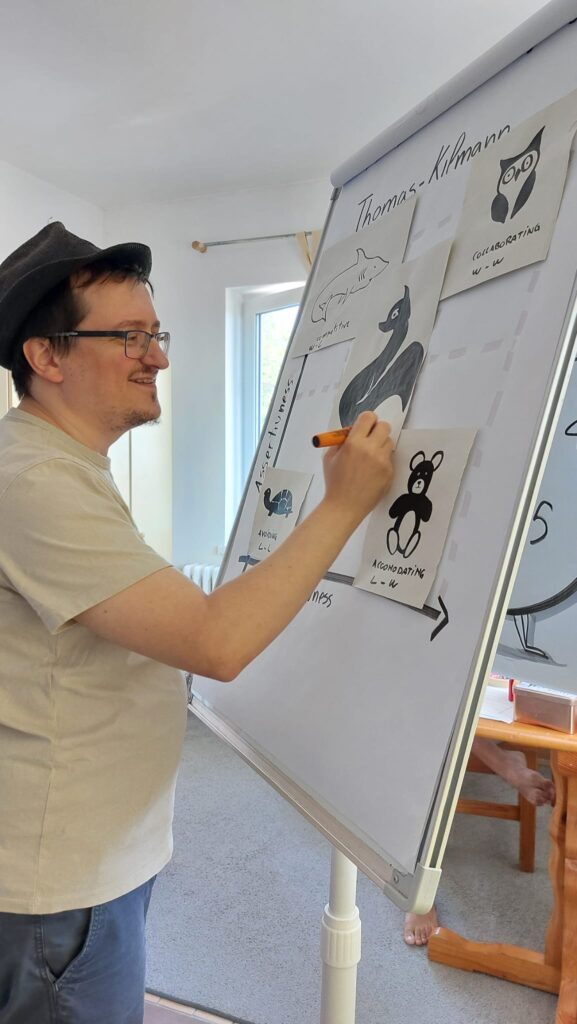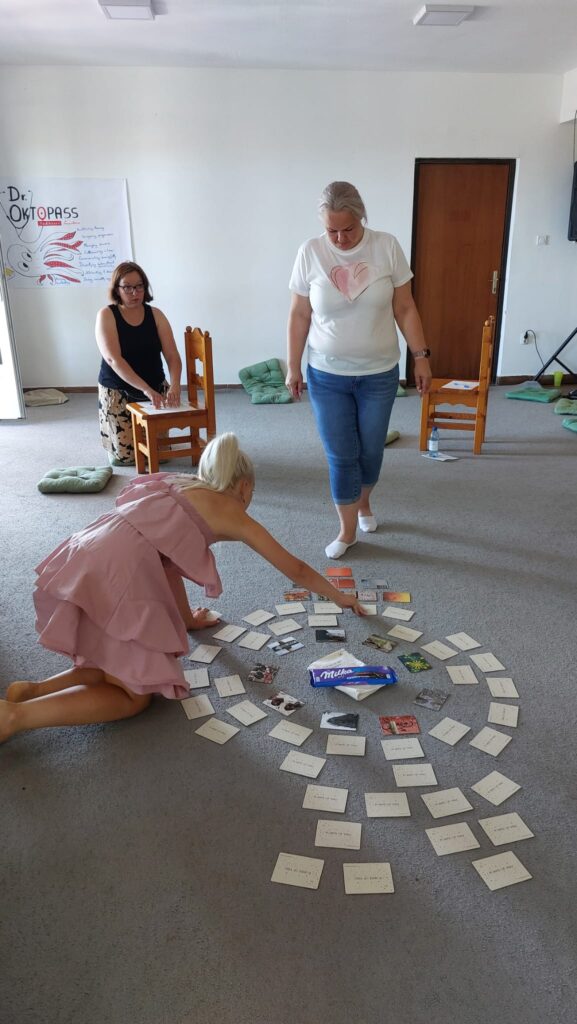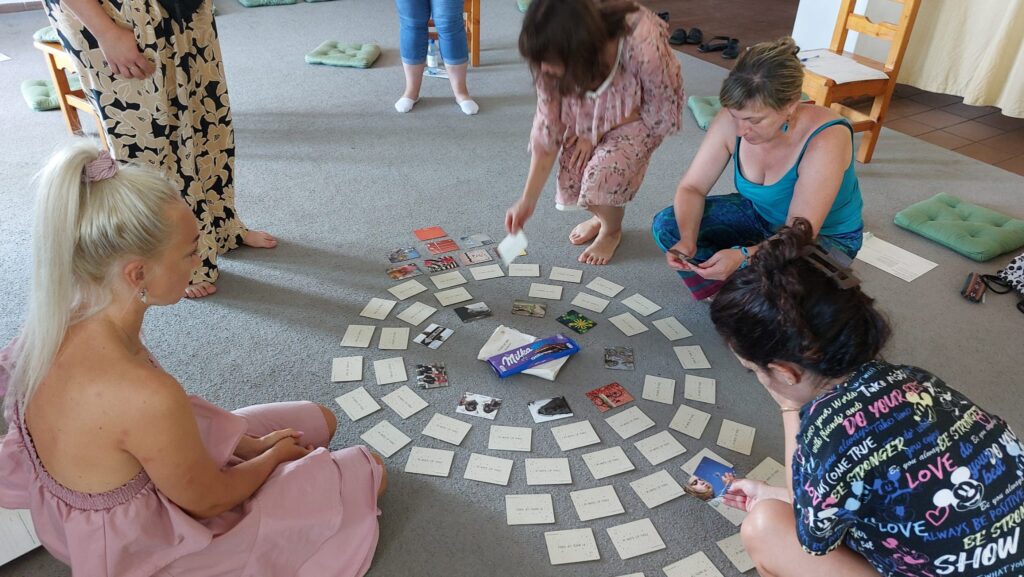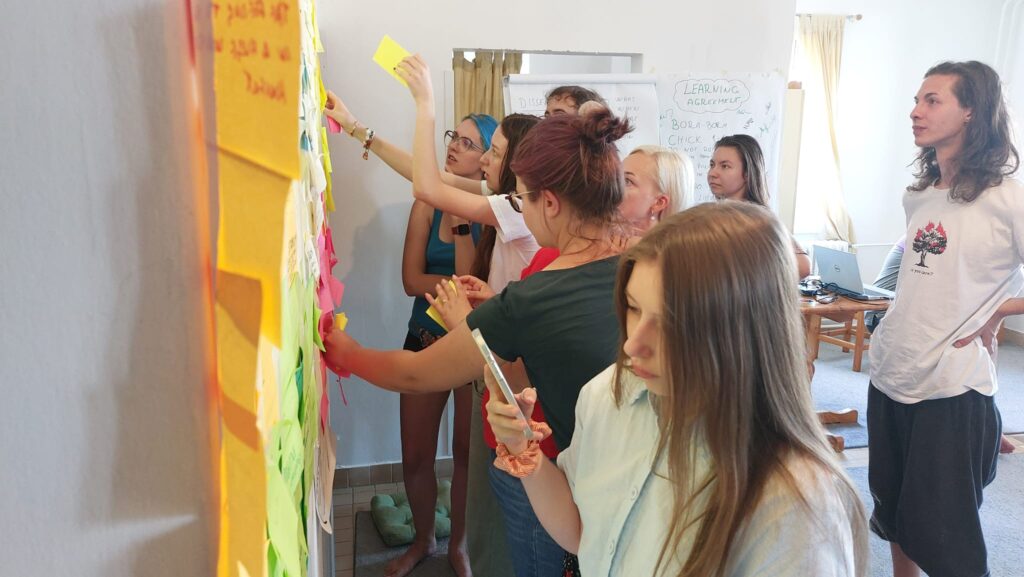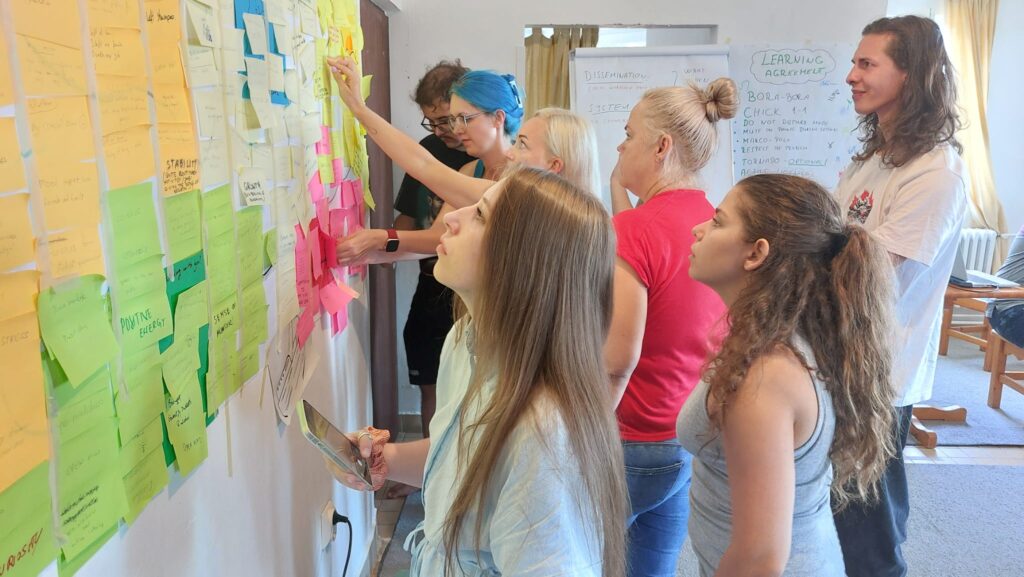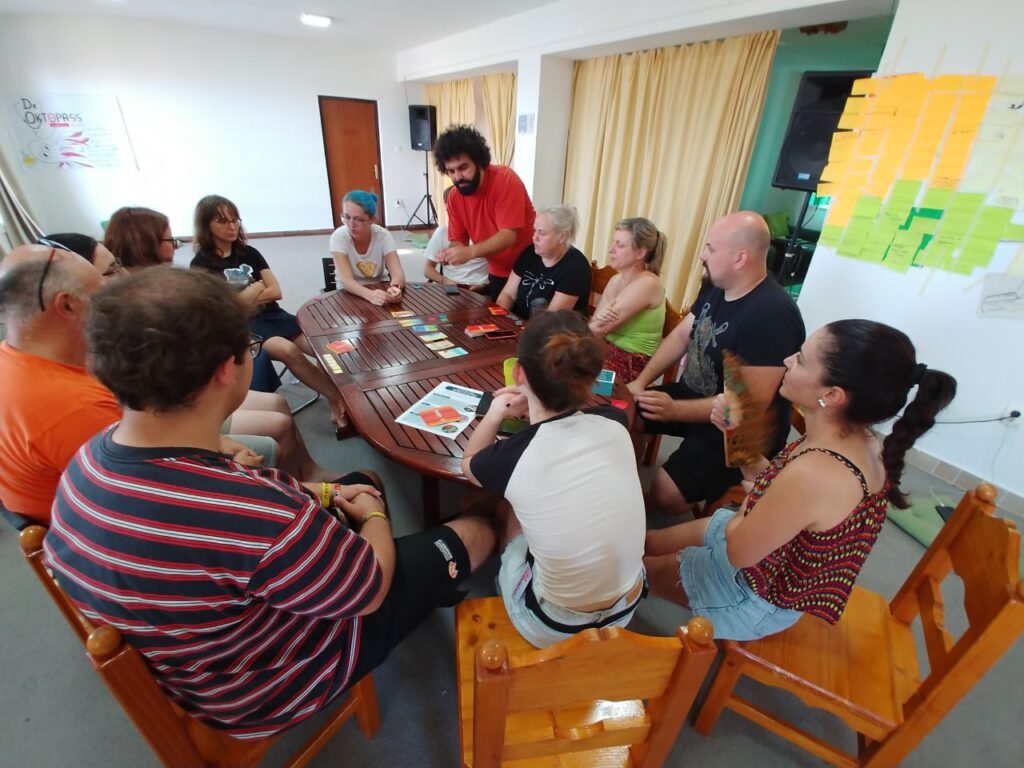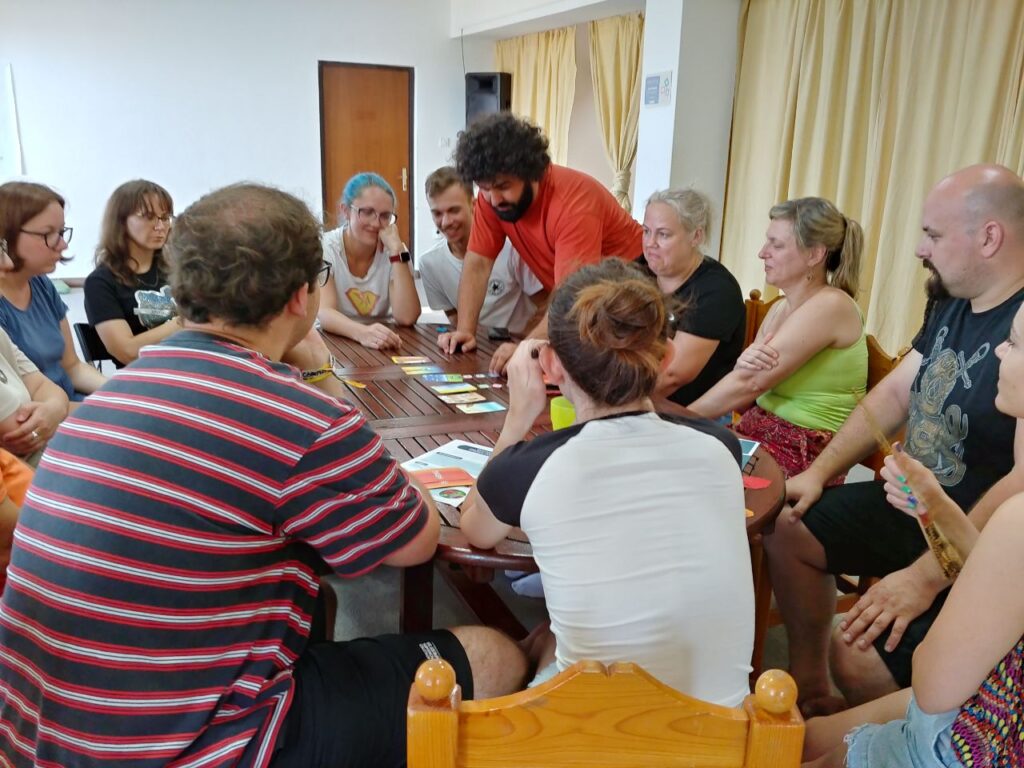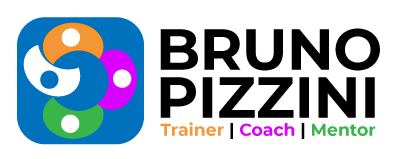In August 2024, nestled in the peaceful surroundings of Hollókő, Hungary, I had the privilege of co-facilitating the PLAYADR international training course. This project brought together 39 participants, including youth workers, educators, social workers, and trainers from 10 European countries, all united by a common goal: to explore innovative, game-based approaches to teaching Alternative Dispute Resolution (ADR) to young people.
The project aimed to equip participants with both theoretical understanding and hands-on skills in ADR—covering key areas such as mediation, negotiation, conflict management, and Non-Violent Communication. While these are often viewed as complex and formal concepts, PLAYADR was designed to make them accessible, engaging, and applicable to real-life youth work. We focused on learning through play—leveraging gamification and educational tools to create meaningful and memorable learning experiences.
Participants came from a rich mix of countries—Poland, Hungary, Italy, Albania, Estonia, Armenia, Belgium, Croatia, Luxembourg, and North Macedonia—bringing diverse experiences and perspectives. Each organization shared a tool or methodology developed to teach ADR, and together we tested and refined 10 unique educational games throughout the training. These tools ranged from simulation and role-play exercises to board games and storytelling-based methods, each offering a different angle on how to introduce conflict resolution to youth in fun and effective ways.
We used a variety of non-formal learning methods:
- Simulation games where participants negotiated peace agreements or resolved fictional community disputes.
- The World Café method to exchange ideas and strategies across rotating small groups.
- Reflective circles and group debriefings to deepen learning and connect it to personal practice.
- Peer learning sessions, where participants shared their own stories of conflict and resolution in youth settings.
- And of course, playful facilitation techniques, keeping energy high while tackling serious, real-world topics.
One of the strongest outcomes was the creation of the PLAYADR Toolkit—a collection of the games, tools, and educational approaches tested during the training. This freely available resource will allow youth workers around Europe and beyond to introduce ADR to young people in fresh, interactive ways. The toolkit will be presented in an online event to ensure wide dissemination and accessibility.
Beyond skills and knowledge, the training sparked new international partnerships. The energy, commitment, and shared vision among participants laid the groundwork for future collaborations and further integration of ADR methods into youth work across Europe.
Ultimately, PLAYADR was about more than conflict resolution—it was about building a culture of dialogue, empathy, and peaceful problem-solving. By empowering youth workers with the tools and confidence to teach ADR, we are investing in a new generation of young people who can approach conflict not with fear or aggression, but with understanding and creativity.
